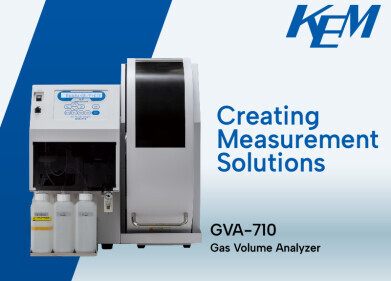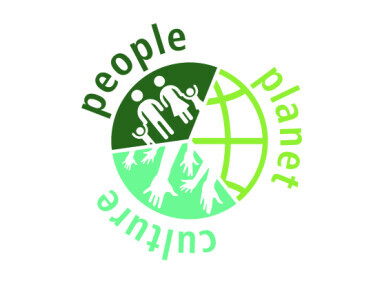Laboratory Products
What Are Genetic Report Cards?
Apr 03 2018
From ancestry tracking to health genealogy, at-home testing has boomed over the last decade. Not only does it offer extraordinary insight into who individuals are and where they come from, but experts are broadcasting that it could be the way of the future when it comes to predicting disease risk.
Thanks to compact kits that can be mailed to any residential address, a simple DIY cheek swap can empower individuals with a deeper understanding of their family health history. Now, scientists are taking the concept one step further and using genetic profiles to gain medical insight into existing conditions and discover new ones. In some cases, data is being used to refine and develop new treatments for previously incurable diseases.
Arming parents with a genetic "roadmap"
Affordable and easy to use, experts have labelled it “direct-to-consumer” genetic testing. With this comes the concept of polygenic scores, aka disease report cards. This could see parents armed with accurate genetic profiles of their children before leaving the hospital. This "roadmap" would not only offer a glimpse at what to expect over the next few months, but ultimately for the child's entire life.
Amit Khera, a cardiologist and researcher at the Broad Institute in Cambridge explains, “Where I see this going is that at a young age you’ll basically get a report card. And it will say for these 10 diseases, here’s your score. You are in the 90th percentile for heart disease, 50th for breast cancer, and the lowest 10 percent for diabetes.”
Decoding the genetic risk of disease
Humans have an estimated 20,000 protein-coding genes. So how is the risk assessed? Basically, scientists analyse the presence of genes that are directly associated with certain conditions, then balance them against other genetic variables. The risk of developing certain diseases can then be reported as a percentage. As more genes are identified and linked to certain conditions, predicting risks will become easier and more accurate.
Of course, it does come with its drawbacks. Some conditions can be managed by simple lifestyle changes like diet, fitness and medications. On the flipside, being assigned genetic score cards for inevitable diseases like inherited heart conditions and Alzheimer’s could be a burden.
As well as DNA, new technologies are empowering scientists with the scope to analyse the properties of foodstuffs. Spotlighting features like the powerful 1000 W drive, 'Perfect Homogenisation of Food Samples with the New Knife Mill GRINDOMIX GM 200' introduces the latest technology from RETSCH.
Digital Edition
Lab Asia 31.2 April 2024
April 2024
In This Edition Chromatography Articles - Approaches to troubleshooting an SPE method for the analysis of oligonucleotides (pt i) - High-precision liquid flow processes demand full fluidic c...
View all digital editions
Events
Apr 22 2024 Marrakech, Morroco
Making Pharmaceuticals Exhibition & Conference
Apr 23 2024 Coventry, UK
Apr 23 2024 Kintex, South Korea
Apr 23 2024 Seoul, South Korea
Apr 24 2024 Jakarta, Indonesia


.jpg)

.jpg)













